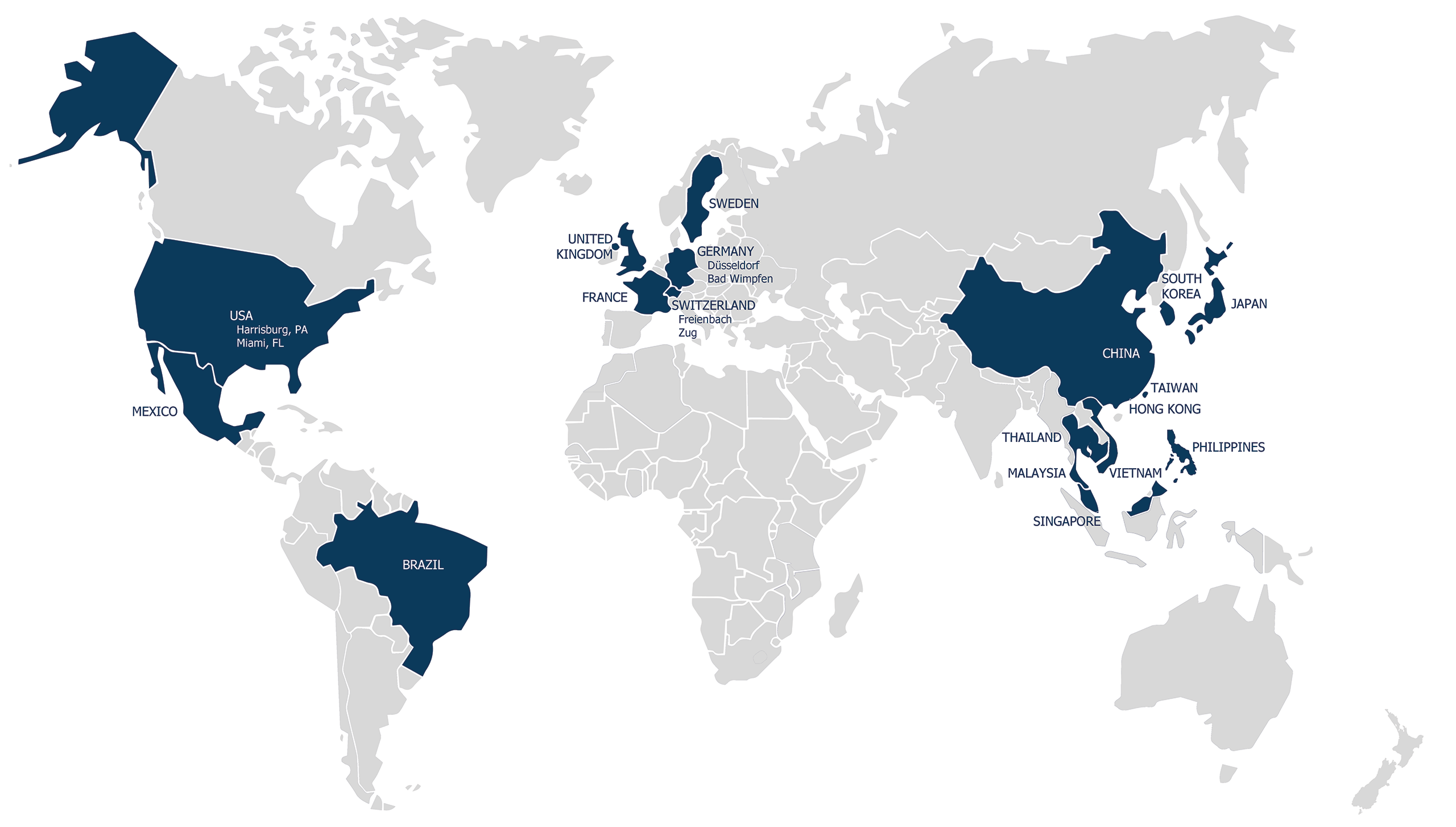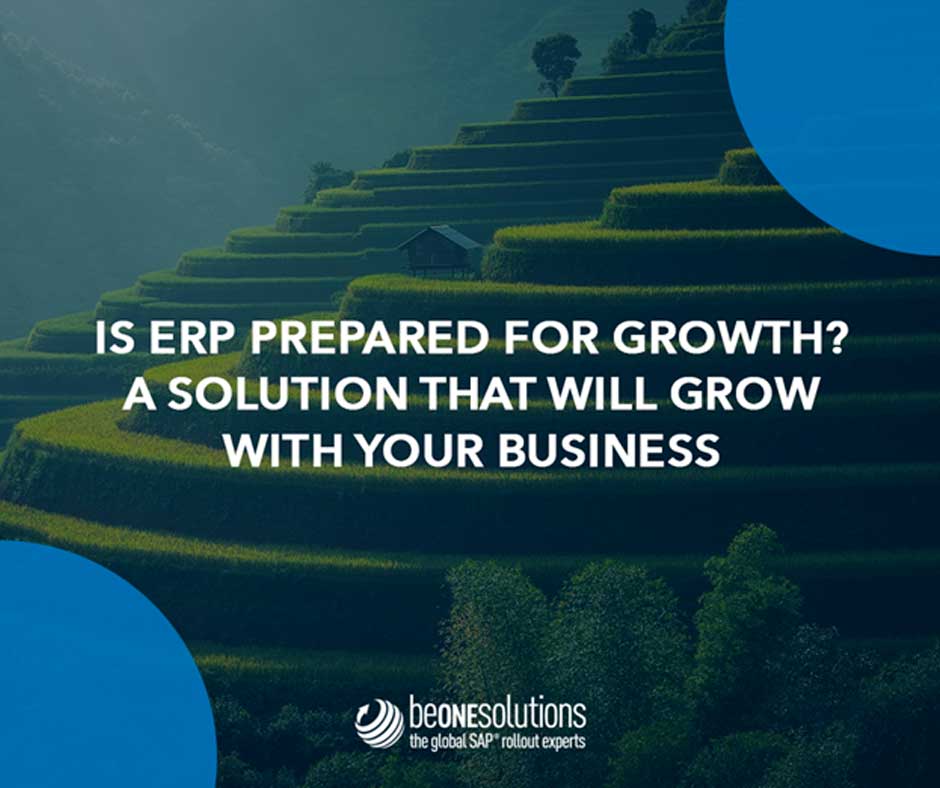The Unexpected Future of ERP

Table of Contents
CloseToday, some professionals are asking themselves about the future of ERP systems. There are many reasons for this since ERP systems were first designed at a different time, and the business world is constantly evolving. Some may be beginning to think that there is no future for ERP systems, but we disagree.
Traditionally, ERP systems have been designed as fully loaded large systems to meet the various needs of any business writ large. Over time, with the changing business landscape, many realize that this kind of ERP system could be too much tech and not enough specialization.
Large, dense ERP systems designed to meet every possible need may be too big a challenge for small businesses that only need ERP for a small sliver of business dealings. Even for large businesses, extensive ERPs can be too expensive and extremely time-consuming to implement and learn. Moreover, larger in-house ERP systems also require staff to monitor performance, troubleshoot when issues arise, and manage security issues.
We know that technology advances quickly, and luckily, the best ERP providers are also changing with the times. So, it is possible that we have not seen the end of ERP systems because they can adapt and evolve. Here is what to look for in an ERP system that is able to change with the times:
Choose a Smaller-Scale ERP Solution
Working with an in-house, custom-designed ERP system can be too much for small businesses. Depending on your business, you may only need ERP for a small section of what you do.
Cloud-based ERP systems can be hosted externally by an ERP company. Typically, you can choose a package that suits the size, scale, and needs of your business instead of having to get the full version with its many bells and whistles.
Benny Mastrup from be one solutions notes that “if you’re a smaller company with limited financial stability, you might opt for one of the many cloud-based vertical solutions, and you end up with a solution landscape with a lot of verticals.” With this option, you will be working with a smaller scale ERP which is easier to handle while still providing integrated business processes and the options needed for future growth.
Choosing to work with a smaller ERP system, which could possibly be cloud-based, also means the business does not need to staff software technicians to monitor operations and security. External ERP companies can monitor in the cloud while being available by instant messaging or phone for updates, questions, and emergencies.
Work With an ERP That Can Be Customized to Your Special Needs
A fully integrated ERP is only going to work for a select few businesses. Big box ERP systems were designed to fulfill the varying needs of the majority of businesses.
To this point, Benny Mastrup notes that “if you are a specialized production company, you may not see the solution you need, because one of the constraints of ERPs is that they are designed to fit the majority of businesses. So, if you’re in a special industry, you might require something else.” Benny goes on to talk about how that “something else” can be an ERP package that is customized to the needs of one specific company.
For the same reason, it is important to consider the level of involvement a business can have with its own ERP. Benny notes that “the more ERP you have, the higher the data quality needs to be,” which is a big job for many businesses, especially smaller ones.
Take Operations Out of the Silo and Opt for Open-Platform
According to Benny, “it’s important that the ERP you opt for is an open platform environment so that partners around the world can develop solutions for niche industries that can be shared globally.”
For example, take a small specialty business like a brewery. This business may have one or two partners and colleagues internationally who may wish to link up. With an open-platform ERP, partners’ different systems can be programmed to work together. In the case that any of these companies may want to integrate, it will be far easier with open-platform ERPs.
As such, Benny says that:
it’s also important to consider, what is the environment around this ERP system? Do you have partners around the world doing complementary solutions?
Similarly, for other niche businesses, it could be the friendly competition that has developed an add-on to its ERP or special verticals, which can also be useful to add to your system. If your ERP software is already open-platform, it can be modified to include new software and modifications.
At be one solutions, we pride ourselves on being on the cutting edge of our field. One size fits all ERP solutions do not work for many businesses. With our ability to adapt and evolve, developing small or large, cloud or in-house, customized ERP platforms, we are confident that we can have a solution for every business. Contact us if you wish to explore the scope of SAP implementation possibilities available for your company.
You won’t want to miss be one solutions‘ next webinar. Add your email address to be notified :
Please select your language
Welcome on be one solutions‘ websites.
Please select your language.




